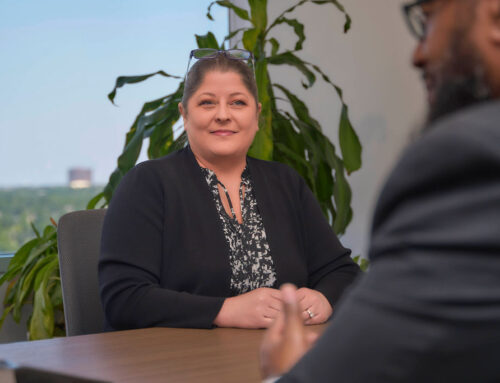Once you have completed your estate plan with your attorney, should you have a family meeting? In most cases, it is probably a good idea talk with the persons you have appointed in the various roles. You should have appointed a financial agent, a medical agent, an executor for a Will, and possibly guardians and trustees.
It is better that these people hear from you, instead of an attorney upon your death, that you have asked them to serve in this role. If there is any doubt that they will accept this position, it is better to have the discussion before you sign the documents.
Depending on your level of trust, you may or may not want to provide them copies of the documents you have signed, but it is advisable that your fiduciaries (executors, agents under powers of attorney, trustees) know that you have signed the documents, know where the originals are stored, and know the attorney’s name and contact information.
We highly encourage the documents be stored in an accessible place to those fiduciaries. Most notably, it is not a good idea to store these legal documents in a safe deposit box that fiduciaries cannot enter upon your illness or death.
Sometimes, the nature of the estate plan requires a family meeting. When there is an unequal division of the estate among children, hard feelings can develop. It is better to air this issue when your beneficiaries can ask questions and understand your thinking on why you made these important decisions. Sometimes, for example, the homestead needs to be left to a dependent child, especially when they are disabled, and the family needs to understand that leaving the house to this child was not to slight the other children.
Possibly the best protection to avoid a contest to the estate plan is to discuss with your fiduciaries and beneficiaries why you have made the decisions you have. Hearing it from you will have much greater impact than hearing it from an attorney upon your death.
As a final side note, the Hollywood trope of a “reading of the Will” in a lawyer’s wood-paneled office is a fiction, at least in Texas. But regardless, don’t let your family learn of your estate plan through some cold-blooded attorney.
This material has been prepared for informational purposes only, and is not intended to provide, and should not be relied on for, specific tax, legal or accounting advice. We can only give specific advice upon consulting directly with you and reviewing your exact situation.





